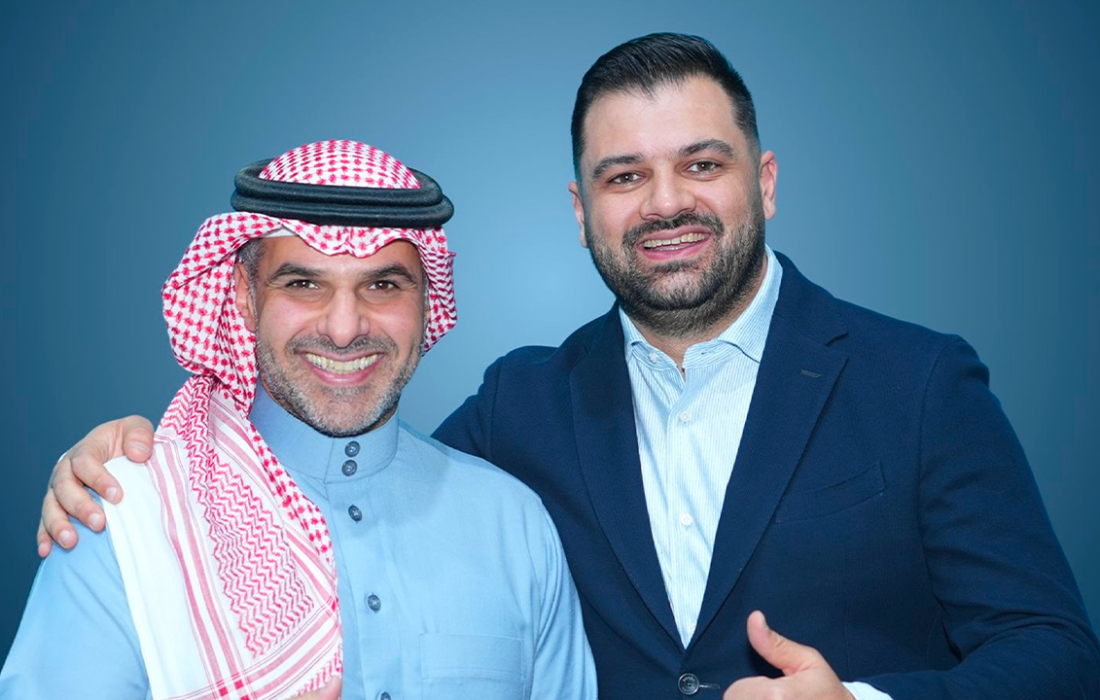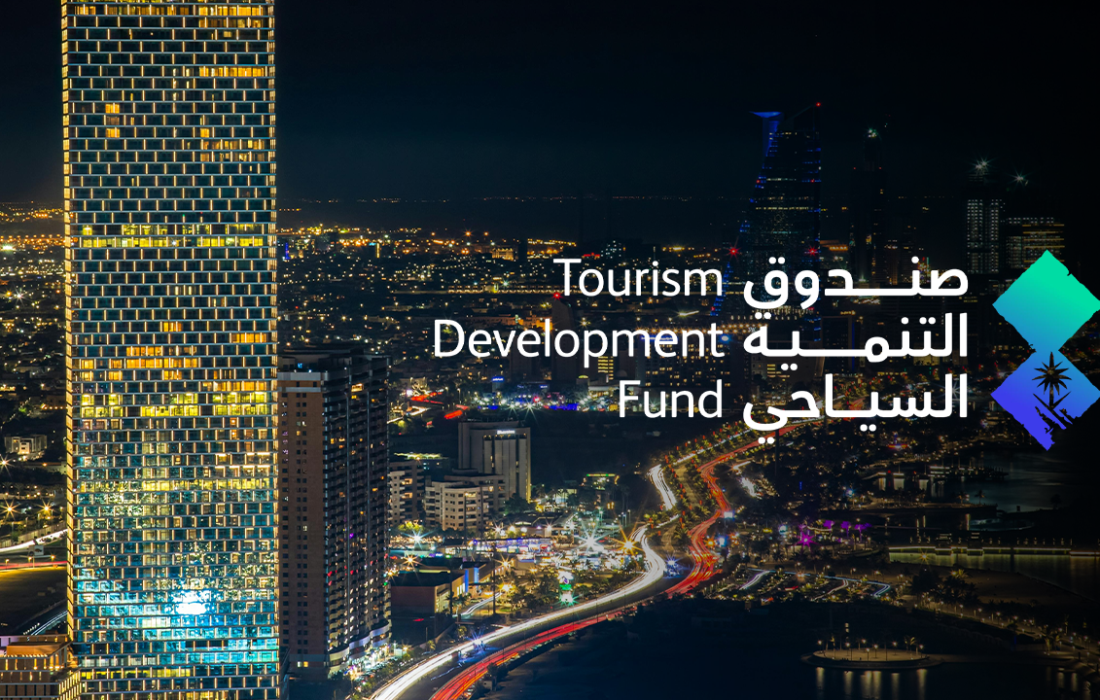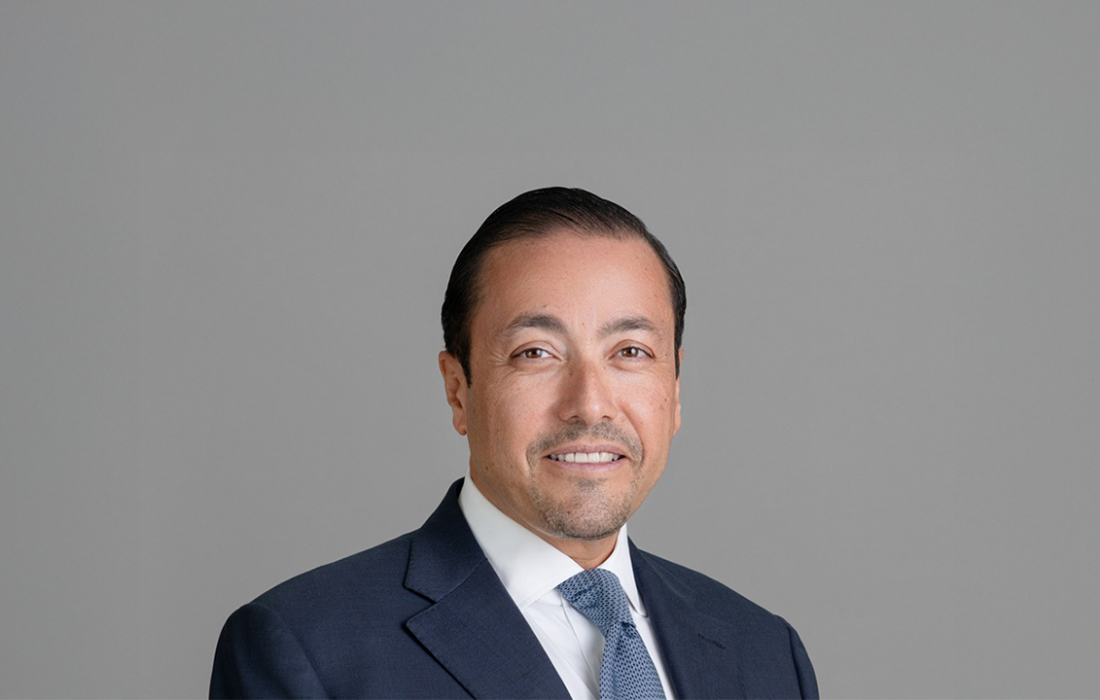Many have called this generation lazy and have claimed they have it easy with the advent of advanced technologies like AI. However, with each generation new challenges arise that may not be clear to those before them.
According to the International Labor Organization, youth unemployment in MENA sits around 25% with even one job often not being enough.
Gen Z is facing economic crises, AI replacing jobs and a rigid job market with little opportunities and rigid outdated rules.
Value-First
The new generation is bringing a value-first mindset to their workplaces. Unlike previous generations, these young people want more than a paycheck, instead they are chasing purpose, impact and meaningful work. In fact according to a Deloitte survey, over 40% of Gen Zs have left a role they felt lacked purpose. Additionally, 40% have rejected a project or role based on their personal ethics or beliefs.
Not only that, but they also prioritize workplaces that reflect their ideals ranging from racial justice to mental health advocacy. In 2023, a Pew Research study revealed that 70% of Gen Z prefers to work for organizations with strong ethical stances even if it means a lower salary.
Artificial Intelligence
AI is posed to be a mixed blessing for this generation as they enter into the workforce. While the advanced technology is proving to be useful in their day to day life, it may be posing a threat to their entry into the workforce.
Many express worry about job prospects out of university as AI has had a significant impact on entry level positions. According to a report by the World Economic Forum, 40% of employees are cutting staff and utilizing AI for task automation. Additionally, 21% of companies are rejecting candidates without any form of human interaction.
With entry level jobs vulnerable to automation due to generative AI, the career ladder of industries like finance and law. This could lead to the transformation of the economics and cultures of these fields.
The brighside is that unlike previous generations technology, specifically AI comes easier to Gen Z. This ease of use of technology is a leverage over older counterparts that could give this generation of hires an advantage. Furthermore, as companies increasingly integrate AI into their everyday operations, Gen Z has an opportunity to display their skills.
What Gen Z Needs?
As previously stated, Gen Z is not just chasing paychecks, they want purpose, flexibility, growth opportunities, and real impact.
As they enter the workforce, Gen Z prioritizing work-life balance, growth and authenticity over traditional job perks. Furthermore, they have come to expect hybrid and remote work with young professionals ranking flexibility as a priority across UAE, Egypt, and KSA.
They also seek inclusive policies, employee resource groups, and transparent communication foster loyalty. Thus, they are not just chasing paychecks, they are chasing purpose.
Gen Z is not disrupting the workforce for the sake of it, they are responding to a system that no longer works for them.
In a region grappling with high youth unemployment, economic uncertainty, and the growing influence of automation, this generation is carving out its own path. They are rejecting outdated norms, pushing for flexible and inclusive workplaces, and demanding careers that align with their values and aspirations.
For employers across the MENA region, the message is clear: attracting and retaining Gen Z talent will require more than a competitive salary. It will take purpose, transparency, flexibility, and a willingness to evolve.
The companies that understand this shift and adapt to it, will not just future-proof their workforce. They will earn the loyalty of a generation ready to build what is next.
If you see something out of place or would like to contribute to this story, check out our Ethics and Policy section.














